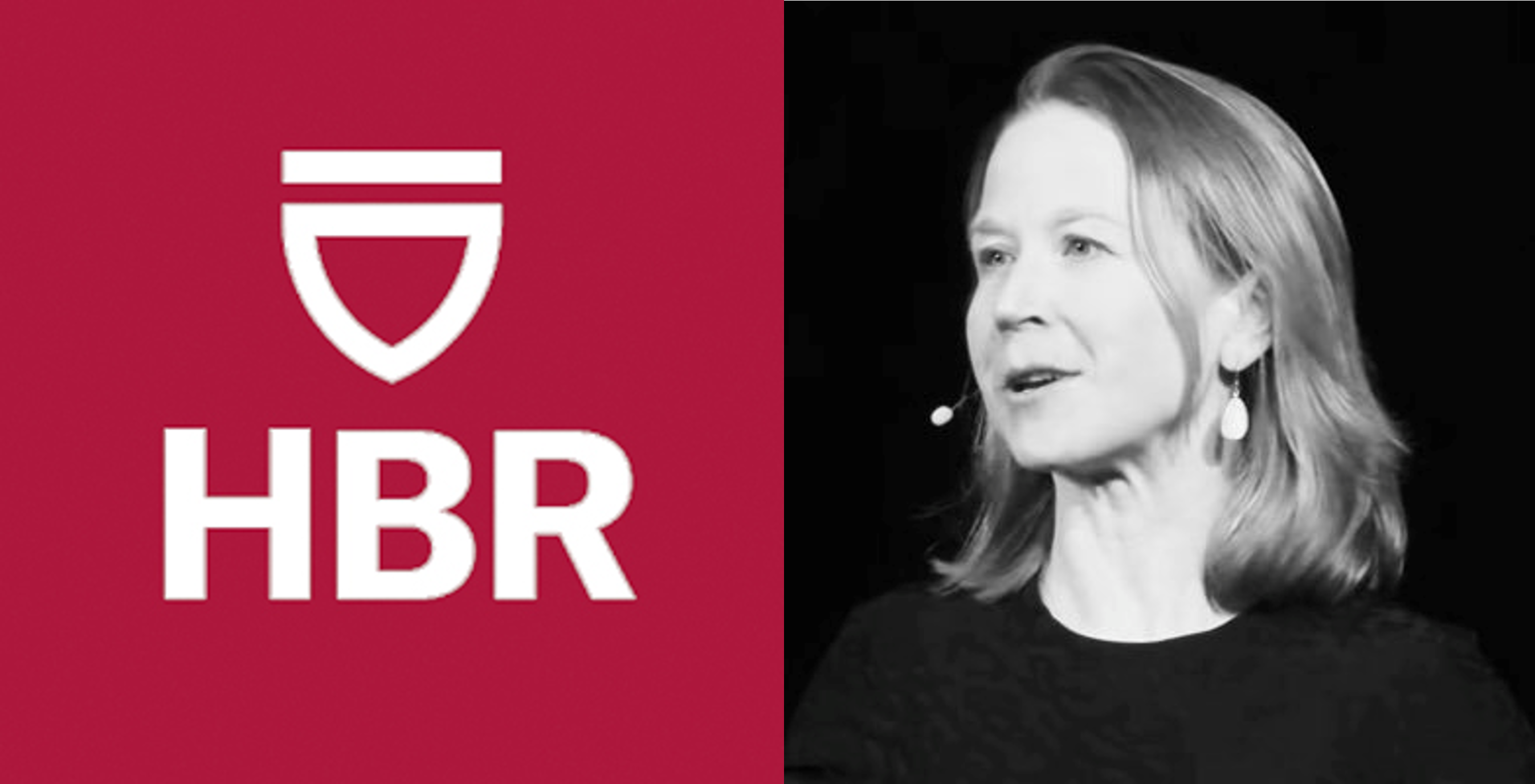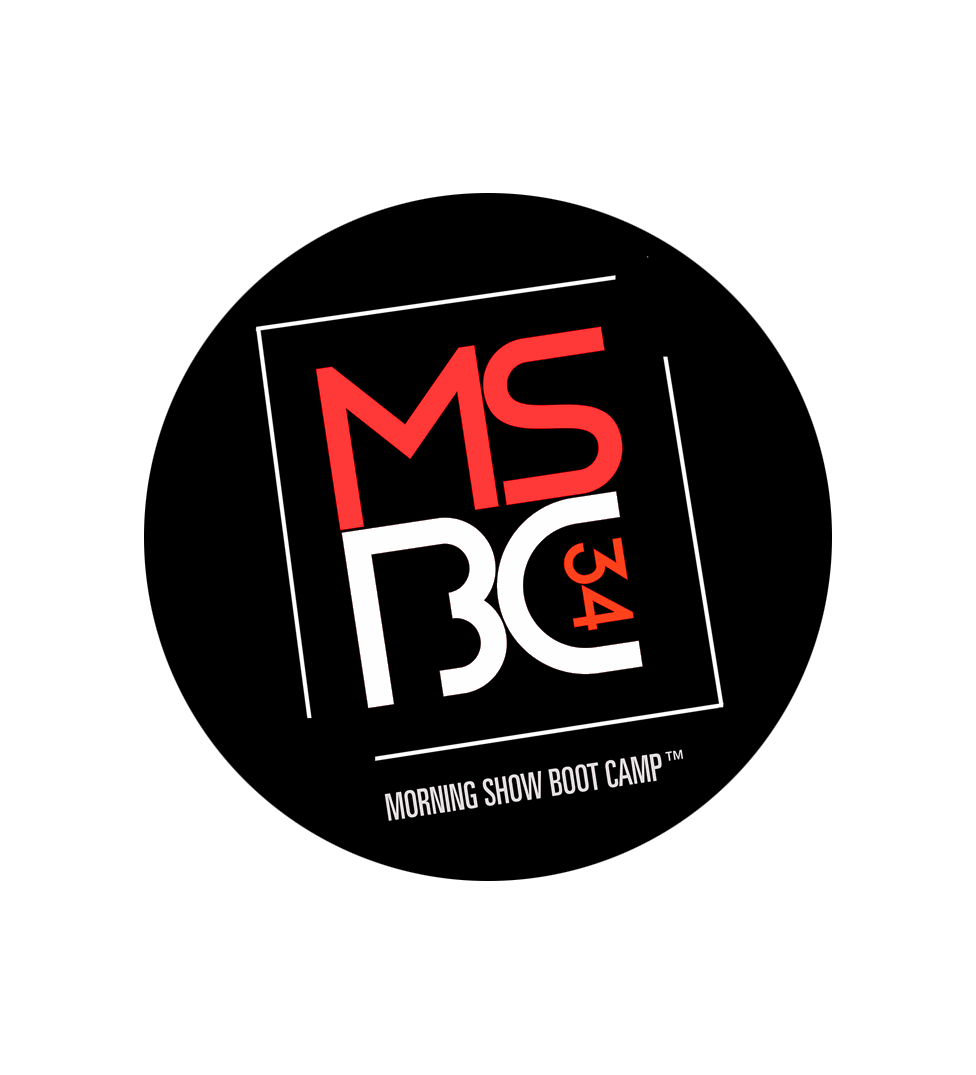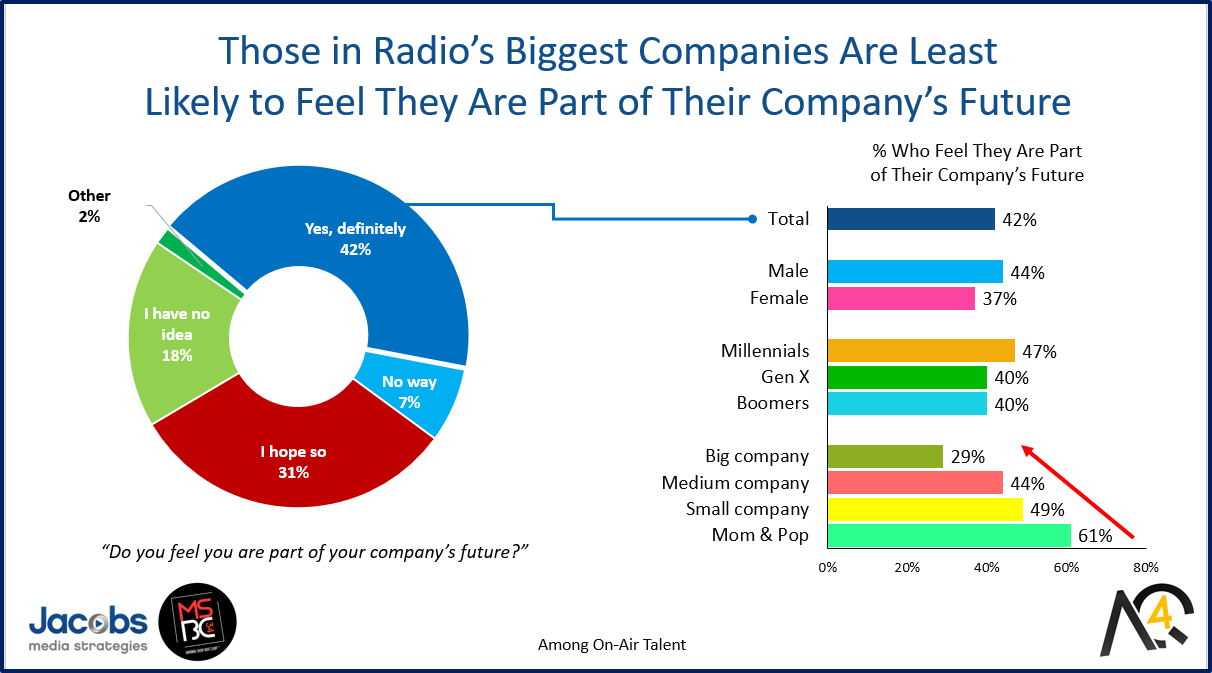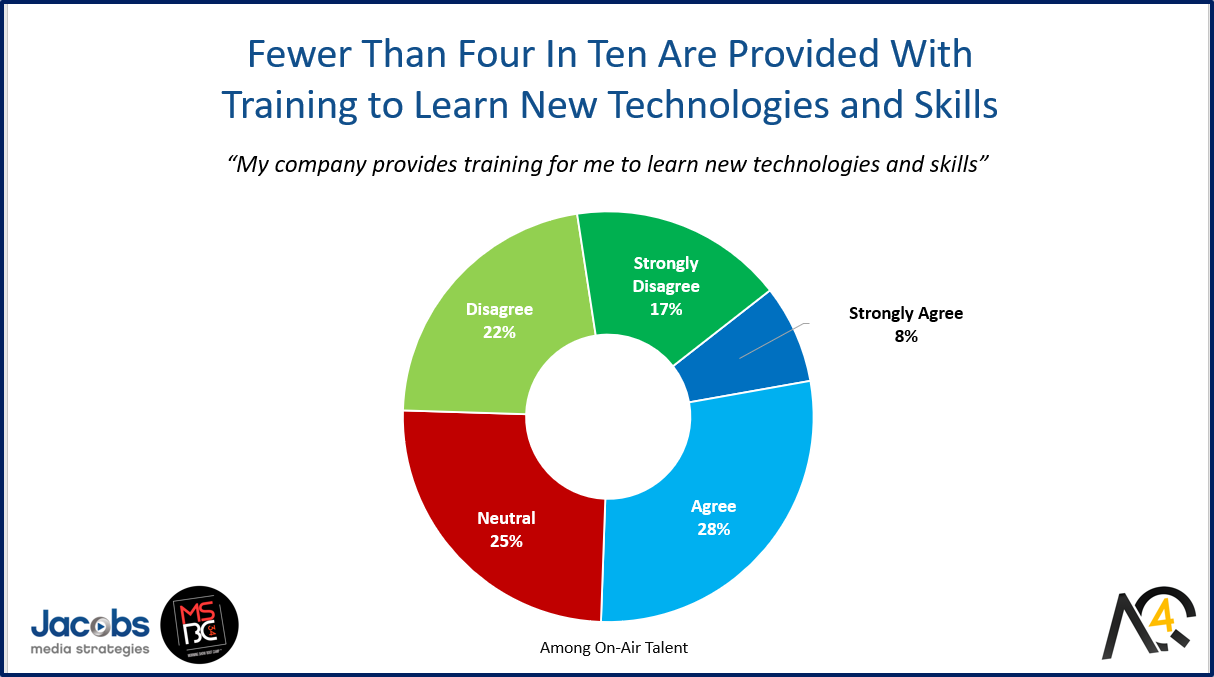
Last week’s Michigan Association of Broadcasters Conference in northern Michigan was an opportunity to watch a group of fortunate students receive scholarship dollars from the MAB Foundation. As is typical of these SBA events, young people are always interested in hearing how veteran broadcasters got into radio.
And that’s a question that almost comes with as many answers as there are radio people. Truth be told, there is no one pathway to achieving success in radio. Talk to 10 broadcasters and you might hear a dozen stories of how they climbed the ladder of success to get to where they are today. (And for some who have experienced failure but managed to get back on their feet, you’ll hear multiple stories of managing their comebacks).
I’m reminded of the kids board game, “Chutes and Ladders.” The squares are filled with surprise ladders that boost you toward victory, but there are also those inevitable chutes that send you downhill without warning. Players become conditioned to the reality of those rises – and falls – almost enitrely due to luck. And in fact, it’s a roll of the dice that determines those abrupt changes of fortune.
chutes that send you downhill without warning. Players become conditioned to the reality of those rises – and falls – almost enitrely due to luck. And in fact, it’s a roll of the dice that determines those abrupt changes of fortune.
While veteran broadcasters are all too aware that it takes more than chance or even charm to get ahead in radio. Good luck at various stages of your career game can provide make or break rises or falls. And the longer you’ve been at it, the more you can pinpoint those moments when a stroke of good or even great fortune came along just when it was needed most. The phrase “right place, right time” was coined for a reason.
And conversely, if you play the radio game long enough, you’re going to run across a streak of bad fortune (often known as “bad books”) that can turn an otherwise accomplished career into a dumpster fire.
Radio programmers and sales managers, in particular, are tasked with developing skill sets among their air and sales staffs with consistency. And in fact, the best in breed have found ways to facilitate success among their employees.
But the pathway to truly growing talent may be a bit different than many of us may have thought.
 A new article in the Harvard Business Review is aptly titled “Stop Offering Career Ladders. Star Offering Career Portfolios.” It’s part of HBR’s “Developing Employees” track, written by April Rinne.
A new article in the Harvard Business Review is aptly titled “Stop Offering Career Ladders. Star Offering Career Portfolios.” It’s part of HBR’s “Developing Employees” track, written by April Rinne.
Its premise is that today’s fed up employees yearn for better work experiences, wishing to be valued. To that end, they aspire to be seen, heard, and valued.
Post-pandemic, how have their needs changed? Things like equity, balance, flexibility, and control are now central concepts. As Rinne writes, “Companies seek to win the ‘war for talent,'” but the game has changed.
She makes the case that rather than aspiring to climbing the familiar career ladder, they want more. Her conclusion? Rather than pointing to the age-old radio pathway to success, managers should be guiding them to curate a “career portfolio” within the station or company.
These days in radio, the smartest companies should be going all-out and all-in to discover, nurture, and secure the best talent out there.
Heading to Morning Show Boot Camp in Chicago this week, I’ve been spending lots of time getting to know the new data from AQ4, our fourth research survey of commercial radio talent in the U.S.
of commercial radio talent in the U.S.
This year, 750 respondents answered our questions, helping us better define the state of radio from the air talent point of view. By tracking questions from past years, and with the introduction of new questions, I’m seeing a clearer picture of the state of play in 2022.
And Rinne is right. Talent may always aspire to bigger markets, better dayparts, and more money. But that desire to be seen, heard, and respected is peppered throughout the data.
And sadly, many feel they’re simply cogs in the radio wheel, wearing even more hats, and feeling taken for granted.
In fact, many feel they simply are not part of their companies’ futures, instead just helping the organization achieve Q3 goals rather than a career they find fulfilling.

A majority have no idea or can only hope they are part of their organization’s long-term future – or believe they’re not part of the picture.
And interestingly, four in ten (42%) say they are, in fact, playing a key role in their company’s future plans – especially those working for the smallest companies or mom & pop operations.
I t probably won’t surprise you that those working inside radio’s biggest companies are least likely to feel they’re integral to the organization’s destiny. Perhaps that goes with the territory – companies that employ thousands of people may be hampered by the sheer size of their workforces and their bureaucracies.
t probably won’t surprise you that those working inside radio’s biggest companies are least likely to feel they’re integral to the organization’s destiny. Perhaps that goes with the territory – companies that employ thousands of people may be hampered by the sheer size of their workforces and their bureaucracies.
But doesn’t that also compel them to find a way to make their people – especially on the air – feel valued? Rinne would argue that’s the case.
As she points out, the career portfolio approach that “harnesses the full potential of talent,” seeing people for who they are, rather than pointing them toward a “better shift.”
It means managers recognize skills especially because on-air personalities may not always be the most self-aware. Rinne points to helping them “identify and unlock skills” that don’t always surface, creating avenues for growth.
In radio, this might amount to positions with more leadership responsibility, or the ability to move within the company – not necessarily to a bigger market, but to an opportunity that showcases their skills and aspirations.
Consider this:
“Don’t see talent merely as employees performing a role, but as human beings capable of so much more.”
Rinne believes that while employers cannot be thought of as responsible for employee succcess, they can create and provide the “organizational scaffolding” that builds a culture where talent can blossom.
builds a culture where talent can blossom.
In a 24/7/365 operation like a radio station, this might be a heavy lift. In 2022, understaffed operations are the norms, intensified by hard deadlines, and aggressive goals, whether ratings or revenue.
For a PD, this means taking that step back and considering how to bring out the best in the airstaff – whether it’s one or two people, or an entire group.
That also means investing in helping them develop those “career portfolios” Rinne talks about. As we know, many of the people on the air now never received much direction in areas like social media, tech skills, video production, and podcast creation. All these things are within reach, but still far away from many who make their living behind a mic.
That reality rang especially true when I analyzed this new agree/disagree question from AQ4:
“My company provides training for me to learn new technologies and skills.”

Sadly, just over one-third (36%) agree with this idea their company is helping build their “career portfolios.” And fewer than one in ten (8%) strongly agrees. When I dug a bit deeper into the data, it turned out medium-sized radio companies are the ones where more air talent point to for training opportunities. Among these companies, 45% agree/agree strongly to this important employee dimension.
This will be a discussion I’ll be having with my panelists Jodi Koontz (talented host of “Murphy, Sam, & Jodi”), talent coach extraordinaire Angela Perelli, and Hubbard programming expert Greg Strassell after I make my way through the charts and graphs.
Here’s to helping talent achieve their goals (while helping radio companies achieve theirs).
There’s still time to register for Morning Show Boot Camp, August 18-19 in Chicago. Info here.
- Why Radio Needs To Stop Chasing The Puck - November 21, 2024
- Great Radio – In The Niche Of Time? - November 20, 2024
- “Be My 9th Caller Right Now And Win A Free Slurpee!” - November 19, 2024




Looking forward to seeing your research presentation at Morning Show Bootcamp. The creation of this annual report, shared with the industry, is always insightful and provides a blueprint for opportunities for those who realize the gift that it is to an industry. Thank YOU!
Mike, I very much appreciate these thoughts. Our staff works hard on these studies, and I’m ecstatic Don Anthony lets me “go first” at Boot Camp. I hope AQ4 provides “talking points” for the conference, and gives our amazing talent the knowledge to help them manage their careers. Thanks again.
I will be waiting for the results of the investigation. Although it was made in the United States, I am sure that many of the learnings will apply to radio in general, regardless of nationality.
Tito, I think it’ll apply (for the most part) anywhere. Would love to hear from my European friends, too. Thanks.
Great stories. We’ve all hopefully had the pleasure of working for someone who mentored us and saw much more potential in us than we could see in ourselves. Sounds like a great seminar